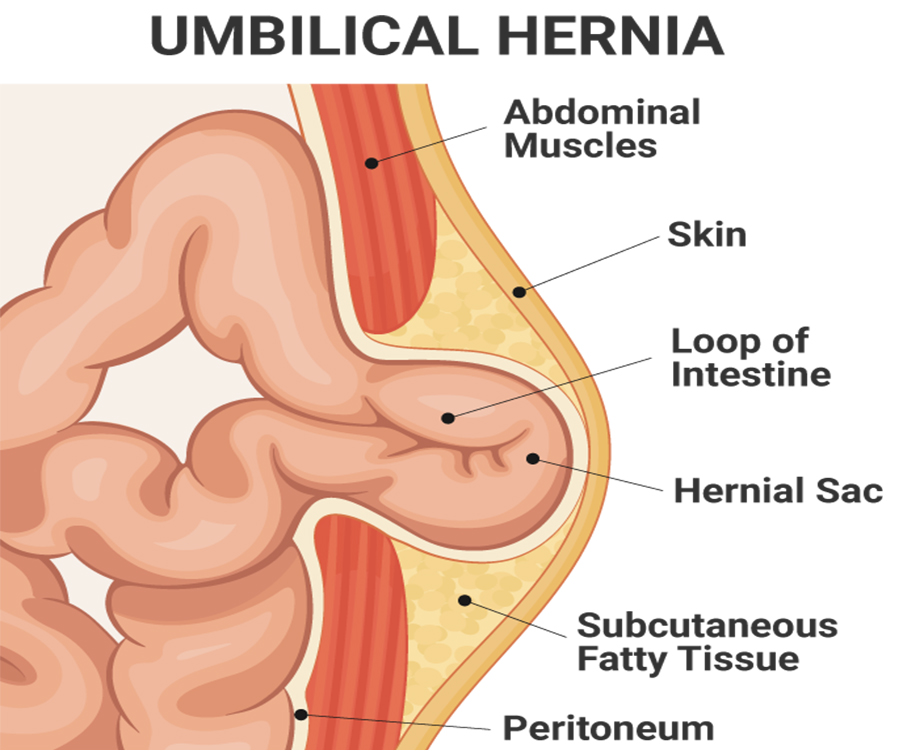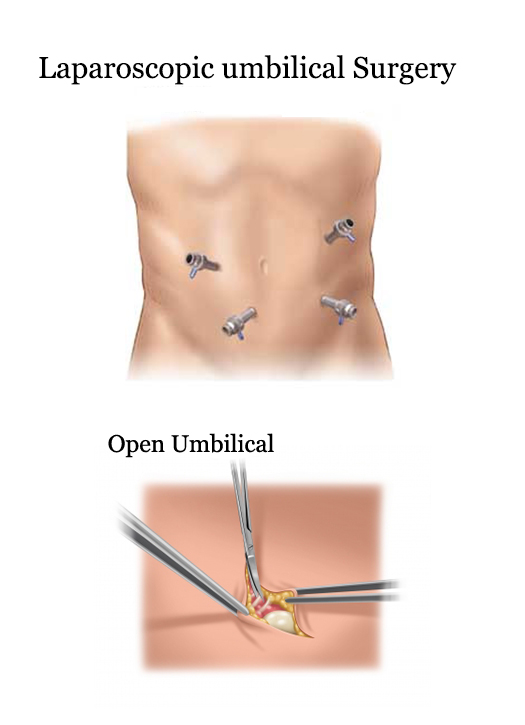THINKING CLEARLY
If general anesthesia is given or if you are taking
narcotic pain medication, it may cause you to feel
different for 2 or 3 days, have difficulty with memory,
or feel more fatigued. You should not drive, drink
alcohol, or make any big decisions for at least 2 days
NUTRITION
When you wake up, you will be able to drink small amounts
of liquid. If you do not feel sick, you can begin eating
regular foods.
Continue to drink lots of fl uids, usually about 8 to 10
glasses per day.
Eat a high-fi ber diet so you don’t strain during bowel
movements
ACTIVITY
Slowly increase your activity. Be sure to get up and walk
every hour or so to prevent blood clots.
You may go home in 1 to 2 days for a laparoscopic repair.
If your appendix ruptured or you have other health
issues or complications, you may stay longer.
WORK AND RETURN TO SCHOOL
After recovery, you can usually return to work within 2
to 3 days.
You will not be able to lift anything over 10 pounds,
climb, or do strenuous activity for 4 to 6 weeks
following surgical repair of an umbilical hernia.
Lifting limitation may last for 6 months for complex or
recurrent repairs
WOUND CARE
- Always wash your hands
before and after touching near your incision site.
- Do
not soak in a bathtub
until your stitches or Steri-Strips are removed. You
may take a shower after the second postoperative day
unless you are told not to.
- Follow your surgeon’s
instructions on when to change your bandages.
- A
small amount of
drainage from the incision is normal. If the
drainage is thick and yellow or the site is red, you
may have an infection, so call your surgeon.
- If
you have Steri-Strips
in place, they will fall off in 7 to 10 days.
- If
you have a glue-like
covering over the incision, allow the glue to fl ake
off on its own.
- Avoid wearing tight or
rough clothing. It may rub your incisions and make
it harder for them to heal.
- Protect the new skin,
especially from the sun. The sun can burn and cause
darker scarring.
- Your scar will heal in
about 4 to 6 weeks and will become softer and
continue to fade over the next year.
BOWEL MOVEMENTS
Avoid straining with bowel movements by increasing the
fiber in your diet with high- fiber foods or
over-the-counter medicines (like Metamucil® and
FiberCon®). Be sure you are drinking 8 to 10 glasses of
water each day.
PAIN
The amount of pain is different for each person. Some
people need only 1 to 3 doses of pain control
medication, while others need more. The new medicine you
will need after your operation is for pain control, and
your doctor will advise how much you should take. You
can use throat lozenges if you have sore throat pain
from the tube placed in your throat during your
anesthesia.







